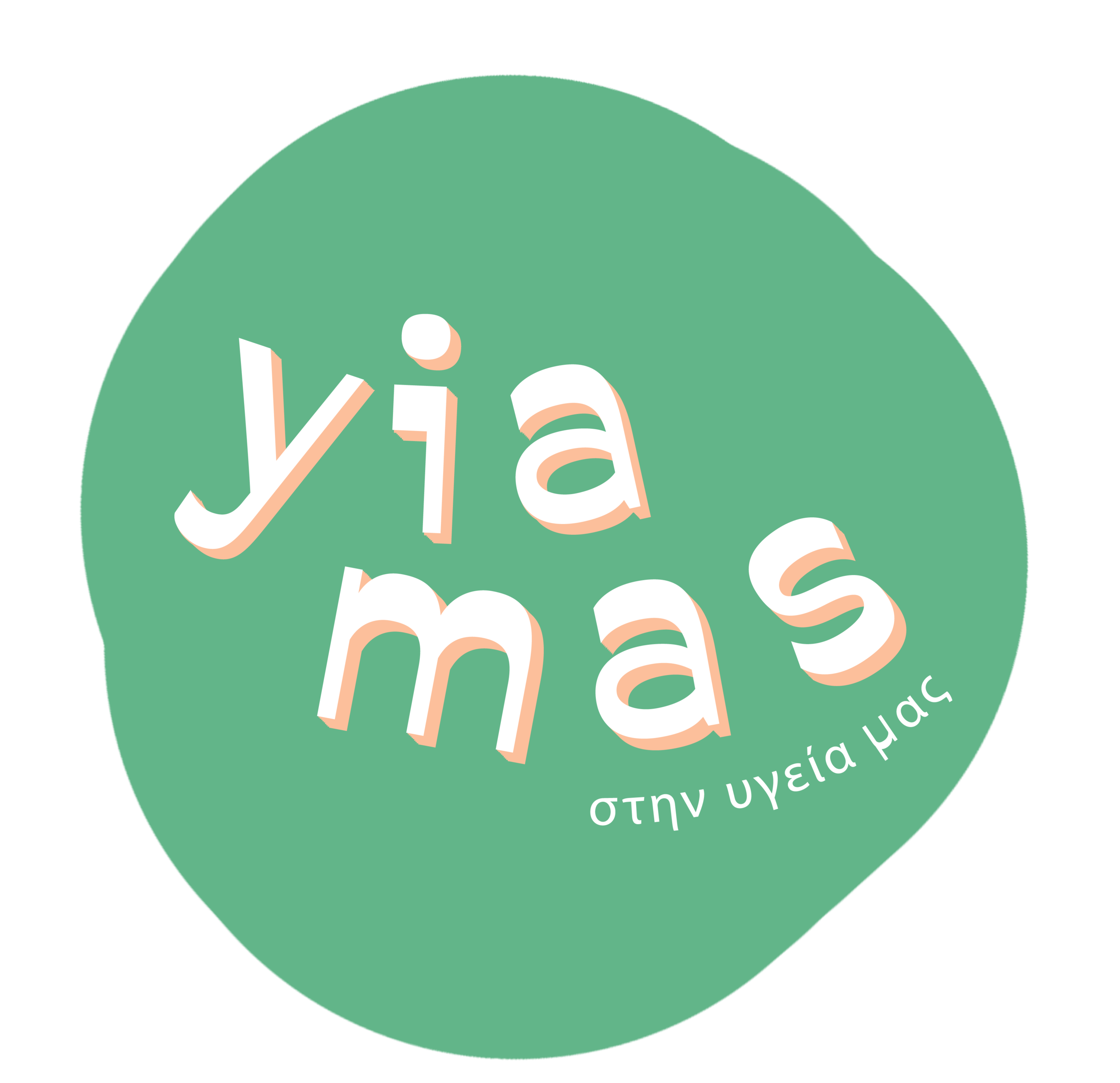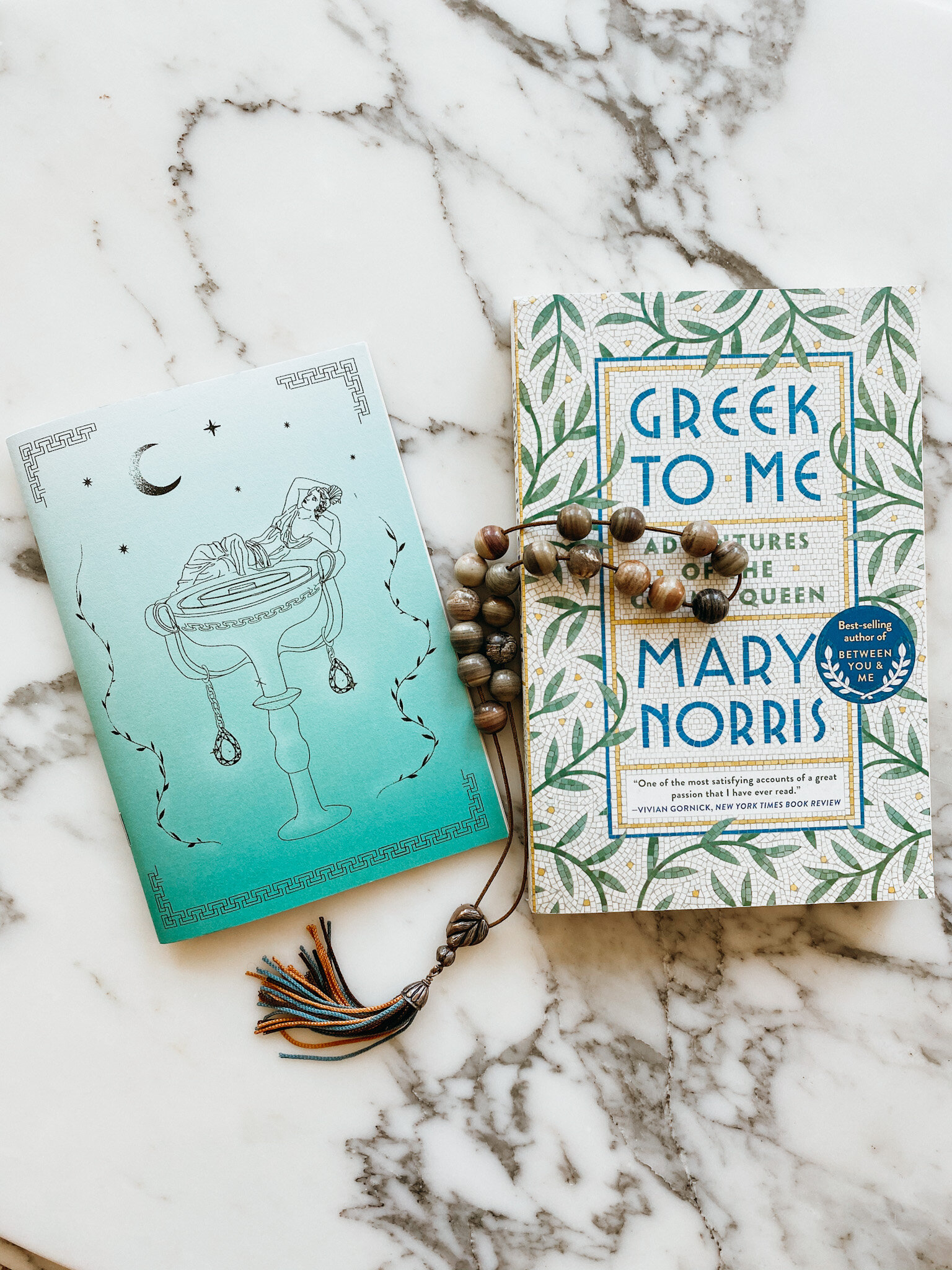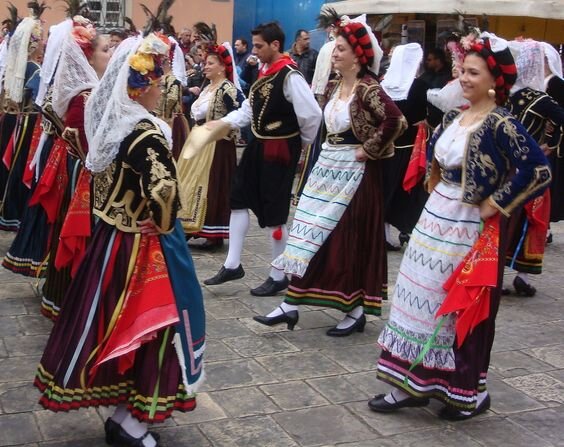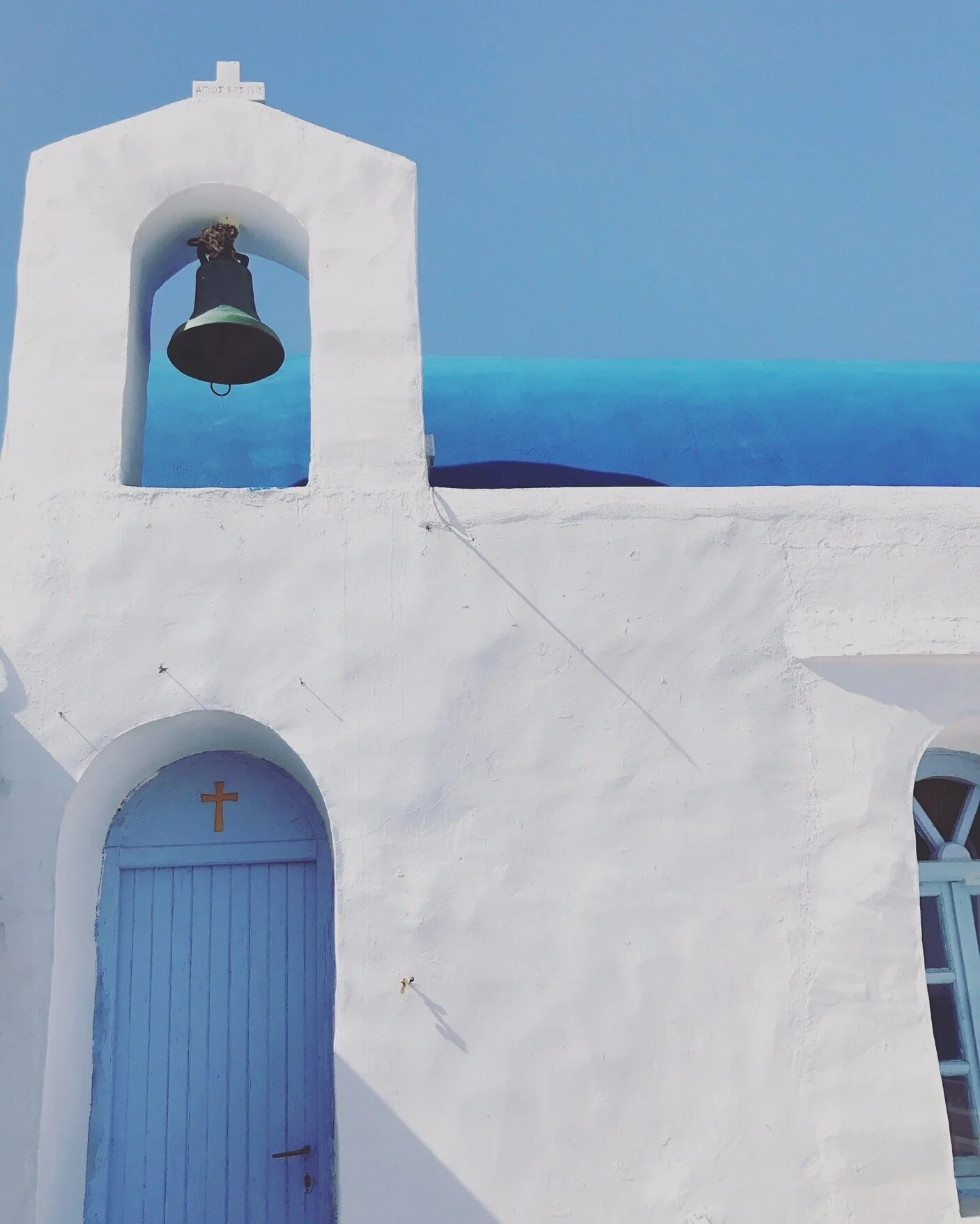It’s no secret that at Yia Mas, a large part of our typical summer is spent in Greece. Usually at this time of year, we’re feeling refreshed after a long summer of visiting family, sunbathing, exploring and recharging our minds and bodies over there; this year, however, things are a little different. For obvious reasons, we haven’t got the fresh memories of our holidays that we usually do come September. We’ve been left, instead, with the need to find the next best thing.
One of the best ways that we have found to fill this void is through reading. Not only can it help you to switch off to the noise of the world around you, but it can also get the cogs of your imagination turning; the combination of these two factors work to create a contrived sense of transportation, therefore serving as one of our most effective substitutes to actually being in Greece.
With this in mind, in this post, we’re going to take you through our book recommendations so that you can achieve the familiar feeling of being in Greece without even having to leave your home, let alone taking a flight.
For the romantics: Corelli’s Mandolin, Louis de Bernieres
You may have seen the 2001 film adaptation starring Penelope Cruz and Nicolas Cage, though we’d argue that the book is even better. Set on Kefalonia during the Italian occupation in the Second World War, this is primarily a romance novel with a touch of modern history sprinkled in; the plot details the burgeoning and unlikely relationship between Pelagia, the daughter of the local doctor, and Captain Corelli, an Italian soldier. If you enjoy love stories, this page-turner will not disappoint you.
For the nature lovers: My Family and Other Animals, Gerald Durrell
In this autobiographical work, renowned British naturalist Gerald Durrell recounts the 5 years of his childhood spent living in Corfu, depicting the intricacies of his family life and the wildlife nature on the island in an unique, charming and . This is arguably one of the best-known books set in Greece, having been adapted into 2 TV series and a film. If you’re lucky enough to ever visit Corfu, you can even stay or eat at Gerald’s brother Lawrence’s 1930s home, the White House, in Kalami.
For the adventurers: Mani: Travels in the Southern Peloponnese, Patrick Leigh Fermor
Learning a little about Patrick Leigh Fermor’s fascinating life was already enough incentive for me to read this book. Fermor discovered his lifelong Hellenophilia during a Europe-wide walk spanning from the Netherlands to Istanbul in the early 1930s. Following this, he played a prominent role in the Cretan resistance during World War Two and wrote several travel books, including this one, in which he describes his travels around the Mani peninsula. The book is also a great read for its exploration of Maniot history and culture, which has been somewhat isolated from Greece throughout time. If you enjoy this book, then you should give its companion ‘Roumeli: Travels in Northern Greece’ a read too.
For the villagers at heart:
Little Infamies, Panos Karnezis
If you have any kind of familiarity with the Greek village lifestyle, this book will resonate with you, shock you and make you laugh. Through this collection of short stories, Karnezis paints a picture of the social connection and scandal which bind the villagers in this unnamed xorio together. In this way, he gives an effective overview of the simultaneous simplicity and complexity of village life.
For the history lovers:
The Thread, Victoria Hislop
If you’re as interested in Greek history as we are, it’s your lucky day; we have two book recommendations for you. Our first is Victoria Hislop’s third novel, The Thread, for its exploration of Thessalonian history. The plot is set in motion by the protagonist, Dimitris Komninos, who asks his grandparents why they don’t want to move to London. To answer this question, they tell him the long and complex story of their connection to Thessaloniki, which includes the Great Fire of 1917, his grandmother’s taking refuge there following the destruction of Smyrna and his grandfather’s participation in the liberation effort during the Civil War. By mixing fiction and non-fiction in this way, Hislop strikes an effective and satisfying balance between history and drama which will give you an appreciation for her storytelling talent.
Eleni, Nicholas Gage
Our second recommendation for history lovers is this autobiographical work by Nicholas Gage, in which he describes the life of his family in Lia, northwestern Greece, during the Second World War and Greek Civil War. The book is named after his mother, who was executed for arranging the escape of her children during the civil war. After emigrating to the US, Gage returned to Greece for the first time in 1969 and made it his mission to reconstruct the story of his mother’s life and to seek out those responsible for her death. This is a harrowing, compelling story that will greatly enrich your understanding of modern Greek history.
For the language lovers:
Greek to Me: Adventures of the Comma Queen, Mary Norris
You may know Mary Norris from her more famous work, ‘Between You and Me: Confessions of a Comma Queen’. This second book reads as part travel diary, part memoir and part exploration of language. Throughout, Norris delves into her philhellenism, describing her travels in Greece and her encounters with the people there. She also discusses the interconnections between the English and Greek language, staying true to her reputation as ‘Comma Queen’. If you’re interested in the intricacies of language and how they originate in ancient times, then this is the book for you.
For the music lovers:
Rebetiko, David Prudhomme
This book combines some of our favourite elements: traditional Greek music, history and culture. Prudhomme takes us back to 1936, when Metaxas, Prime Minister of Greece, was censoring rebetiko. Throughout the novel, we experience a day in the life of a group of rebetis, who continue to practise and perform their music while attempting to hide from the state censor. This book is an effective presentation of the perspective of the political and artistic outsider, as well as of the period of the illicit development of the rebetiko genre.
For the Greek tragics:
Zorba the Greek, Nikos Kazantzakis
No reading list of books set in Greece would be complete without this one. In this classic, Kazantzakis details the rapid and short-lived friendship between the narrator and Alexis Zorbas, the eponymous hero, who meet in Crete. In Zorbas’ company, the narrator experiences a new sense of spontaneity and zest for life, though their time together is marked by tragedy and drama. You may have watched the famed 1964 film, but we strongly recommend you read the book as well for a snippet of modern Greek literary culture.
For the lovers of the classics:
The Colossus of Maroussi, Henry Miller
In the Colossus of Maroussi, Henry Miller describes his time spent living in Greece during 1939. He takes us through his travels across the country and depicts various well-known characters, such as Lawrence Durrell, Theodore Stephanides, and George Katsimbalis. The book’s charm is how clearly in love with Greece the author has fallen and the relatable sense of resentment he feels having had to return to the US following the outbreak of war. We’ll leave you with this quote from the book: ‘the light of Greece opened my eyes, penetrated my pores, expanded my whole being’.












